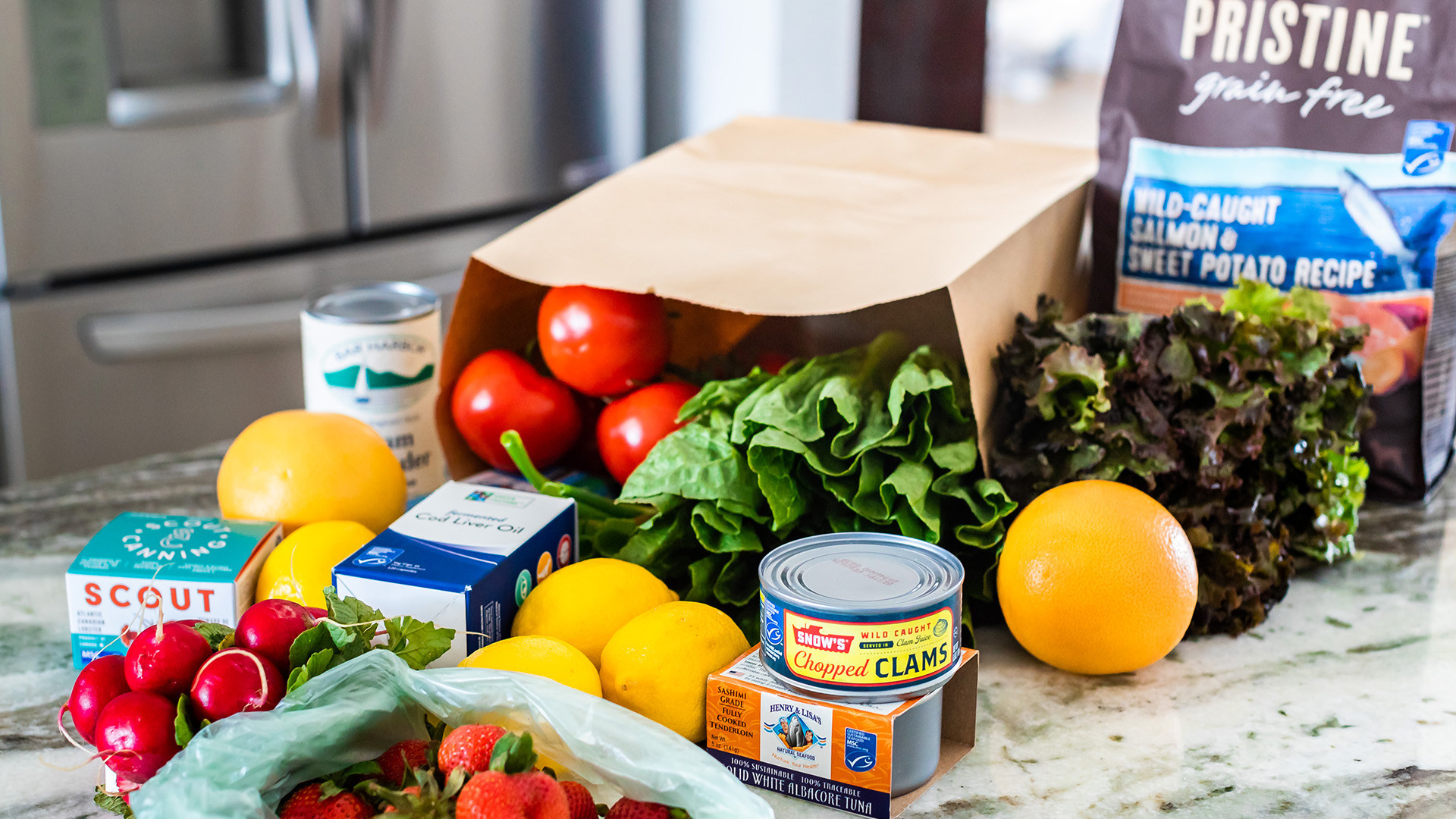Consumers are increasingly changing their diets both for their own health and to protect the environment, according research from the Marine Stewardship Council.
The study, conducted among 20,000 consumers worldwide by independent insights consultancy GlobeScan for the MSC, found that 31 percent of respondents who said they changed their diet in the past two years did so for a variety of environmental reasons. Specific reasons include reducing their climate change impact and protecting the oceans.
“People are realizing that their day to day actions have consequences,” Kristen Stevens, senior marketing manager at the MSC, told SFA News Daily. “People want to a part of the solution, not the problem.”
The pandemic has led many consumers to pay more attention to not only their own health, but also the health of the environment, she said. In addition, she said that recent weather disasters have also opened people’s eyes to the impact of climate change.
Other findings from the survey, which included 3,600 American consumers, included that 58 percent of Americans said they were more concerned about the health of the ocean than they were two years ago. Pollution is their biggest concern, also cited by 58 percent of respondents, followed by overfishing at 41 percent, climate change (38 percent), damage to fragile marine environments (28 percent) and harmful chemicals in seafood (27 percent).
An increasing number of consumers also agreed that people should consume fish only from sustainable sources (62 percent, up from 55 percent in 2020), and 37 percent said they were willing to buy sustainable seafood, with one in five saying they had made this change in the past year.
The research found that younger consumers — age 18-24 — are much more likely to take action to help protect the ocean, but the challenge for the seafood industry is that the number one action they take is to reduce the amount of fish they consume, Stevens said.
“There is definitely a need to engage that younger consumer segment, and give them some reassurance that there are options that are good for the planet,” she said. “In addition to reducing their use of plastic, and reducing consumption of red meats, there are sustainable ways to shop.”
By contract, consumers age 55 and older are the most likely to eat seafood, and the least likely to take action to help the ocean, Stevens said.
Young millennials — age 25-34 — are the most likely group to purchase eco-label fish, she said, noting that these consumers are also most likely to say that eco-labels raise their trust and confidence in the brands that carry them.
“They are overall much more aware and concerned, and use the eco-label as a tool to try to figure out what to buy for their family,” Stevens said.
Among the barriers to sustainable food consumption is the confusion that arises from a proliferation of sustainability claims, Stevens said.
“’Sustainability’ is kind of that new buzzword that ‘natural’ was 10 years ago,” she said. “Folks want to make the right decisions, but there is confusion, whether it’s at the point of choice online, or in the store.”
That’s one of the reasons the MSC has been promoting its “blue fish” label, which indicates that the product has been certified as sustainably fished, from wild fish populations. The group is seeking to promote sustainable seafood consumption not only for the month of October, which is National Seafood Month, but year-round.
For its upcoming New Year’s promotion, the MSC will be offering a free sustainable seafood cookbook online beginning in January.
In the meantime, Stevens suggested that retailers and their suppliers do more to educate consumers about sustainable seafood, both online and in their stores.
There are also opportunities to promote money-saving sustainable seafood options, she said, including canned and frozen seafood.
“They should definitely encourage folks to look for the label,” Stevens said. “There are ways to make it a win-win-win — good for you, the planet, and the wallet.”
Related: SFA Releases Today's Specialty Food Consumer Research; Meijer Seeks Midwest Makers.

